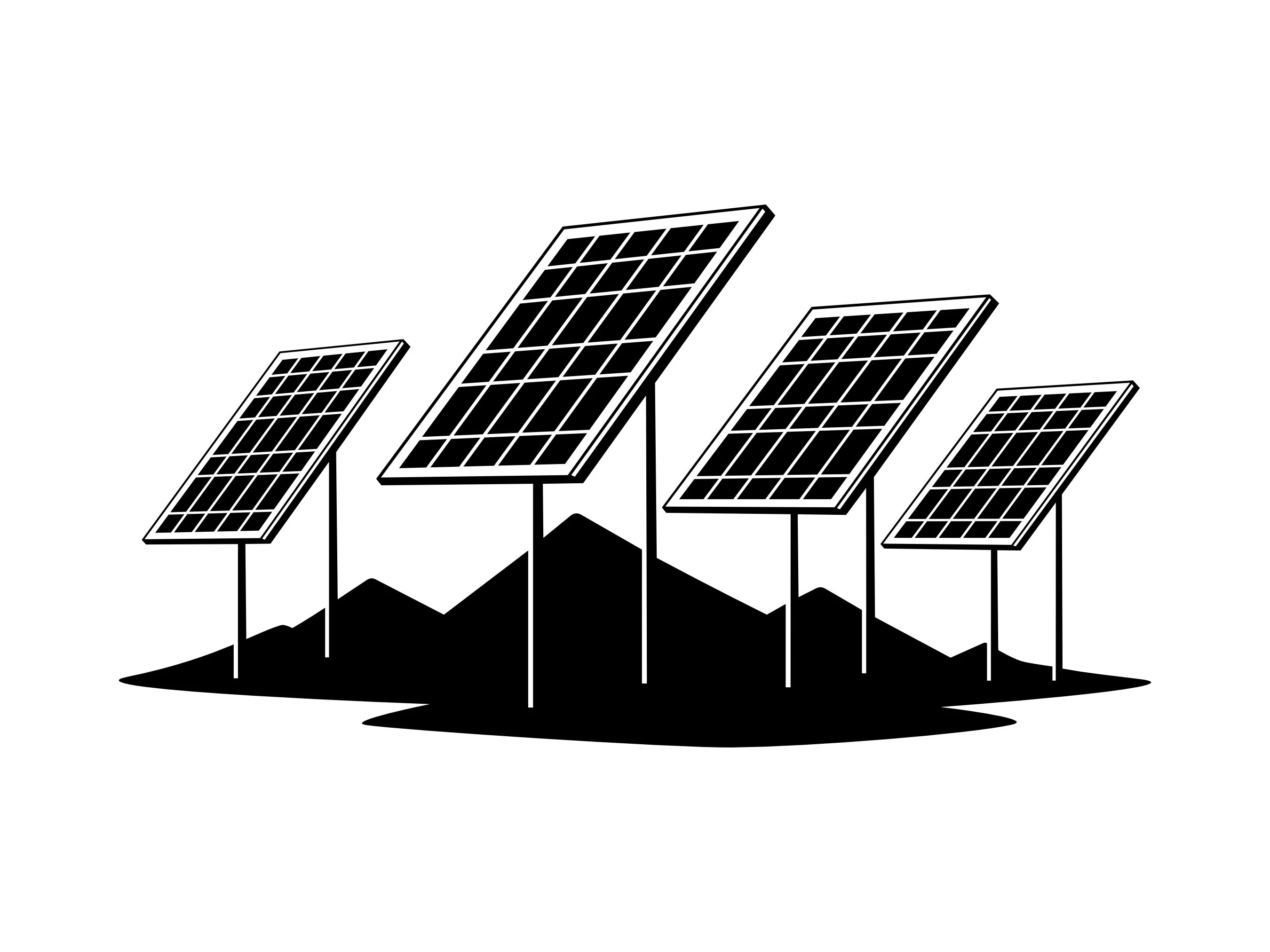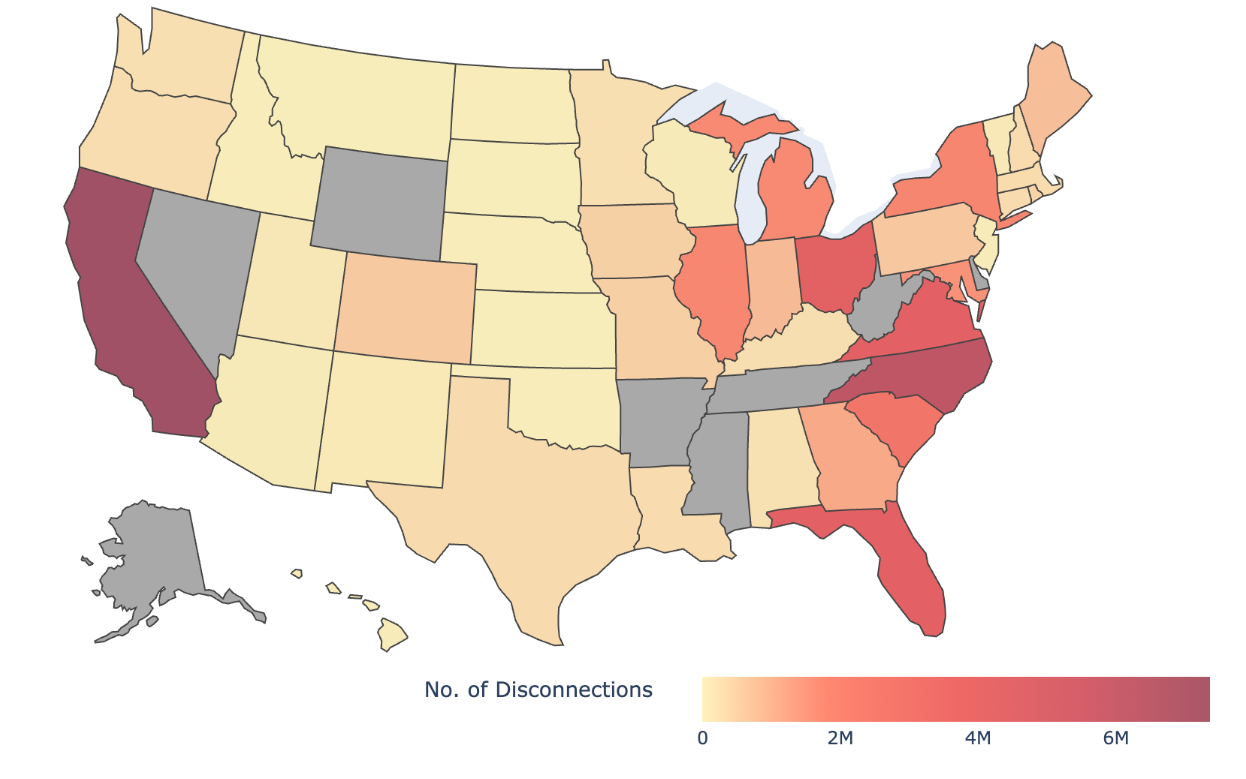Millions of Americans are energy insecure, meaning they are uncertain about their ability to pay their energy bills. These individuals and households may face service shutoffs or endure otherwise poor living conditions (e.g., too cold, too hot, limited refrigeration, limited or no internet access, limited or impaired ability to use medical devices). While electric and gas utilities offer protections from service disconnections during certain months of the year or during certain weather conditions, shutoff protections vary widely across states and utilities. The COVID-19 pandemic exacerbated conditions of energy insecurity, but the problem is not new.
Over the past several years, the Energy Justice Lab has worked to understand the coping strategies individuals may use to manage their living conditions. Through various surveys and other methods, our team has identified contributing factors and made recommendations to improve living conditions. We track utility disconnection protections across place and time and evaluate the degree to which protections may prevent adverse health outcomes. We assess these protections and trends in the context of the changing climate, COVID-19 pandemic, and between jurisdiction and utility providers. How adequately do disconnection protections protect those that are most vulnerable?



 This study finds that the benefits of solar improve a household's ability to pay other energy bills. The results serve as evidence that rooftop solar may be an effective policy tool for policymakers who seek to reduce energy insecurity.
This study finds that the benefits of solar improve a household's ability to pay other energy bills. The results serve as evidence that rooftop solar may be an effective policy tool for policymakers who seek to reduce energy insecurity. We evaluate these programs along several dimensions to characterize their benefits and drawbacks, including how they address key criteria toward alleviation of energy insecurity.
We evaluate these programs along several dimensions to characterize their benefits and drawbacks, including how they address key criteria toward alleviation of energy insecurity. 